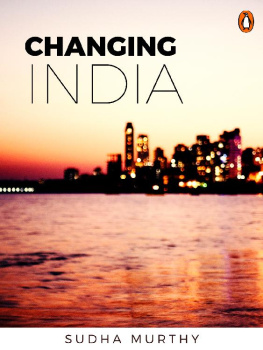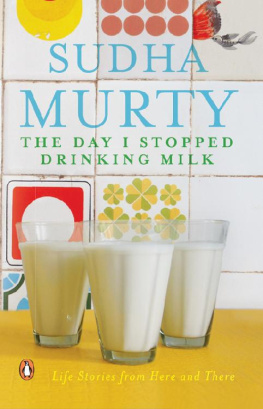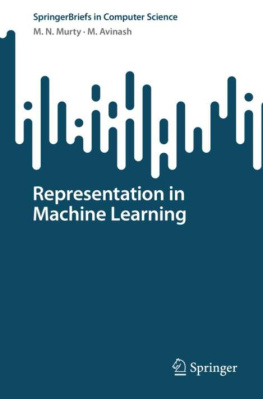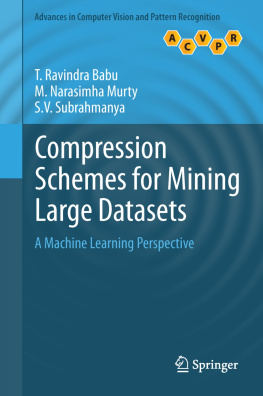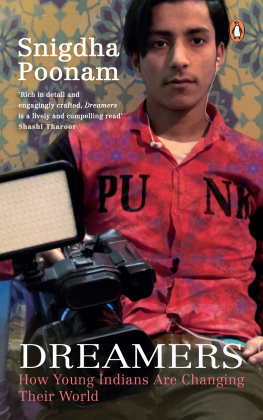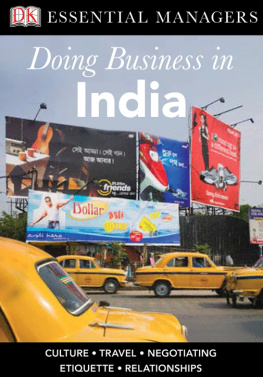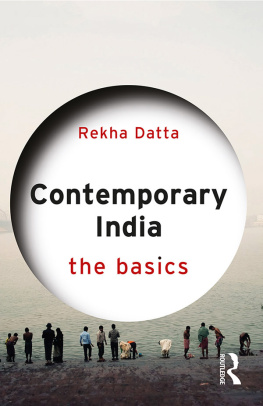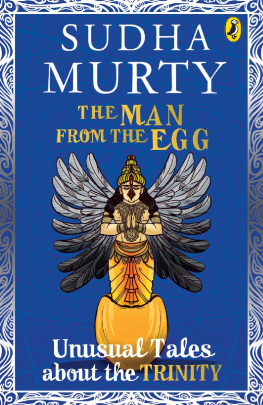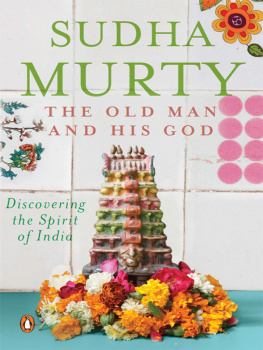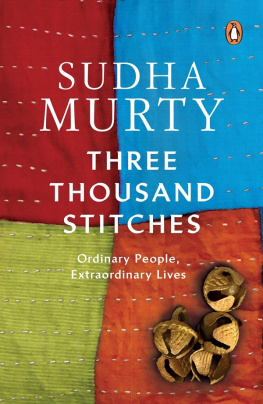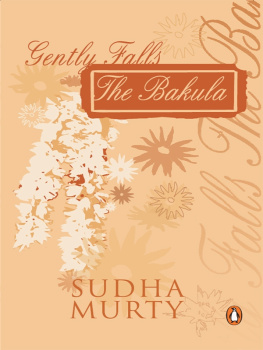SUDHA MURTY
The Day I Stopped Drinking Milk
Life Stories from Here and There
Contents
PENGUIN BOOKS
THE DAY I STOPPED DRINKING MILK
Sudha Murty was born in 1950 in Shiggaon in north Karnataka. She did her MTech in computer science, and is now the chairperson of the Infosys Foundation. A prolific writer in English and Kannada, she has written novels, technical books, travelogues, collections of short stories and non-fiction pieces and four books for children.
Her books have been translated into all major Indian languages and have sold over four lakh copies around the country. She was the recipient of the R.K. Narayan Award for Literature and the Padma Shri in 2006 and the Attimabbe Award from the government of Karnataka for excellence in Kannada literature in 2011.
Also by the same author
Fiction
Dollar Bahu
Mahashweta
Gently Falls the Bakula
Non-fiction
Wise & Otherwise
The Old Man and His God
Childrens
How I Taught My Grandmother to Read and Other Stories
The Magic Drum and Other Favourite Stories
The Bird with Golden Wings: Stories of Wit and Magic
Grandmas Bag of Stories
To Lakshmi, my new daughter
and Rishi, my new son
Preface
One may wonder why I am writing about the personal lives of many people who have confided in me about their problems. Isnt it unethical to do so? However, most of the people I have written about requested me to change their names and use their problems as case studies. Some like Vishnu and Portado encouraged me to tell their stories so that others should not become like them. I thank all these people wholeheartedly and am grateful for their strength and kindness that has allowed me to share their stories with you.
This is my fourth book of recollections of my experiences as a teacher, a writer and a social worker. I want to thank my new editor, Shrutkeerti Khurana, whose hard work has made an immense difference to this book. Her constant interaction with me made me think of some stories in a different way and also helped me look at things from a youngsters point of view.
I would also like to thank Udayan Mitra of Penguin Books for convincing me to bring out a new volume of my stories and thoughts.
S UDHA M URTY
Changing India
It was 25 April 1979the first time I went to the USA. My destination was Boston. It was the beginning of summer when I landed at Logan airport. The days were long now so there was still light outside though it was late in the day. I saw that there was still some snow left on the groundthe last vestiges of a long winter.
I was last in the immigration queue. I had had a stopover in Paris and the waiting period for the connecting flight had been long because India was not a frequently travelled to country. So I was tired after the thirty-hour journey.
When my turn came, the stern-faced immigration officer asked me for my passport and started questioning me. Lady, why have you come to the United States?
I handed my passport over to the officer and said, My husband is working for Data General Computer Company and his duration of stay here is eight months. He has already been in Boston for a month and I want to join him. Thats why I have come here.
How long do you want to stay?
A maximum of six months.
Are you working in India? If yes, show me your leave certificate and salary slip.
Expecting these questions, I had brought those certificates with me and I showed them to him.
How long will you stay in Boston?
I will be here for a few months. My brother is in Berkeley and I want to visit him after that.
Show me your return ticket and how much money you have brought from your country.
I have five hundred dollars. I showed him the ticket and the money.
He looked at me with disbelief, stamped my visa for three months and gave my passport back to me. Then, he looked at me and said, What is that? What are you wearing?
I am wearing an Indian traditional sari. It is our national dress.
Hmm, you are from India. Where is this country? Is it near Japan? Or in Africa?
No, it is a part of Asia.
How do you know English?
In India, we have many languages. Along with our national language, we also learn English at school.
His shift was about to end and another officer joined him and asked me, What are you wearing on your forehead?
This is known as bindi or kumkum. Most Indian women wear it.
Is that a caste mark? he said.
His friend said, Oh, I remember learning about India in a documentary. It said that people in your country burn widows. Also, there are only two classes of people there, maharajas and beggars. You play with snakes, and cows are allowed to wander on the highways. Is that true?
I was taken aback by his rude remarks. Burning widows was stopped several hundred years ago. It is not true that every widow in every state was burnt anyway. There are no maharajas left in India. It is a democratic country. In India, you see snakes only in the zoos or in the forests, just like in any other Asian country. Also, cows wander in villages on the road but not on the highways, I explained patiently.
Do you own an elephant?
I laughed and said, It is not easy to own an elephant, but I have seen many.
Thats enough. You can go now.
I thanked them and went to the customs counter. In those days, customs was very tough on visitors. A customs officer asked me, What did you bring from India?
Oh, there are very few Indian stores here and we dont have a car. Hence, I have brought some masalas from home.
The customs officer treated me like I was carrying diseases instead of masalas. He used a stick and asked me to point out and identify the masalas.
When I came out of there, I felt very dejected.
I have always been proud of my country because of our history and five thousand years of civilization. Even today, we continue the practices of the Indus Valley Civilization but other contemporary civilizations of that time have disappeared from the face of the earth. Our contribution to science in the olden days was outstanding and we were very good in astrophysics. We created music and dance forms and wrote books on them. We also generated enormous volumes of literature in the form of poetry, prose and dramas. Our civilization has stored two-thousand-year-old inscriptions that indicate that we knew writing. Our monumental temples show the zenith of architecture but for an outsider we are nothing but a poverty-stricken land of snake charmers and elephants, maharajas and beggars. It was not a good feeling.
Years rolled on. Infosys was formed along with many other companies in Bangalore. In time, Bangalore became the hub of the Indian software industry. The word Bangalored itself became synonymous with outsourcing.
Today, Bangalore International Airport has many flights connecting directly to the USA and the rest of the world. Going abroad is as easy as taking a domestic flight. The next generation has become very confident, well-travelled, tech-savvy and hardworking. The West has finally woken up and taken note of this change.
In 2009, I went to Bogota, the capital of Columbia, in South America. I was visiting Columbia to deliver a talk on Lessons in Life. My experiences at the Infosys Foundation had become very popular and valuable and people wanted to know all about them. I finished my talk and flew from Bogota to Miami, USA.



